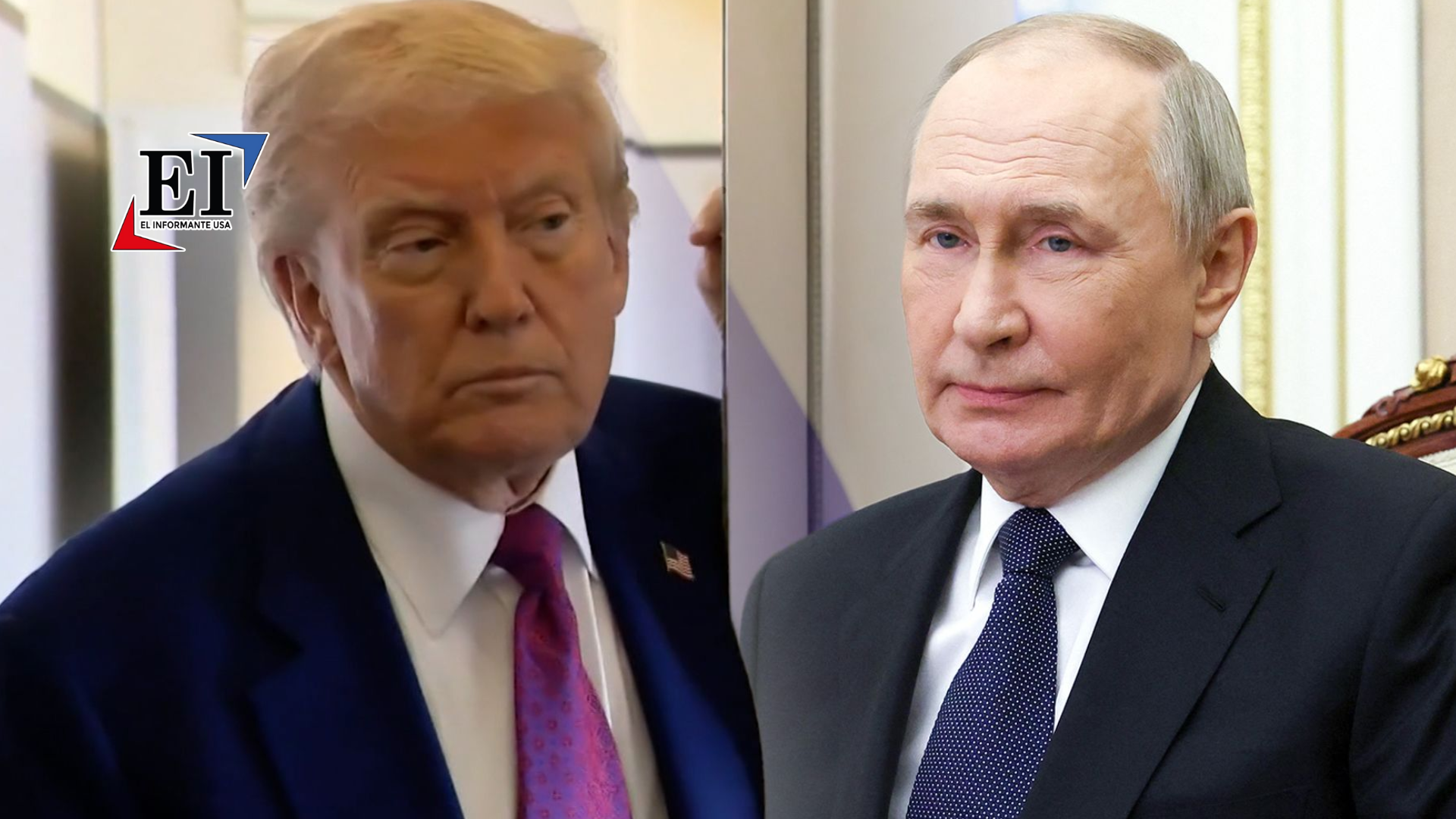Since Russia’s invasion of Ukraine in 2022, President Vladimir Putin has sought to end the war on his own terms. In recent weeks, he has skillfully defended his approach of negotiating a comprehensive peace agreement while continuing military operations, believing the situation is unfolding to Russia’s advantage.
Despite pressure from Ukraine, the European Union, and, until recently, the United States for an immediate ceasefire before peace talks, Putin’s hardline stance has persisted. Following a phone call with President Donald Trump on Monday, the U.S. announced support for direct negotiations between Ukraine and Russia to achieve a ceasefire and a more ambitious peace agreement, marking a shift from Trump’s previous promise of a swift resolution to the conflict.
However, Putin’s diplomatic victory may undermine his broader economic goals of normalizing relations with the United States. While the leaders discussed the state of bilateral relations and expressed support for greater normalization, the only concrete agreement mentioned was a plan to exchange nine Russian prisoners held in U.S. prisons for nine Americans detained in Russia. This modest proposal falls short of the expectations of Russian business elites and pro-government intellectuals, who had hoped for concrete measures such as the lifting of sanctions on energy companies and state banks, and the re-admission of Russia into the global payment system SWIFT. Analysts suggest that Putin may continue diplomatic overtures without showing willingness to compromise, aiming to convince Trump that Russia’s vast natural resources are a sufficient prize to offset the international acclaim the U.S. president would lose by not halting the bloodshed in Ukraine.




